LISTEN ON YOUR FAVOURITE PODCAST PLATFORM
OR LISTEN RIGHT HERE:
LISTEN TO THE FULL EPISODE
LISTEN TO THE shorter version
We are in desperate need for new bioactive compounds. Super bugs are on the rise as evolution finds a way of thwarting our antibiotics. We are also continually on the hunt for compounds that can fight disease, ease suffering or get your teeth super white. The natural world has been experimenting for millions of years and has come up with solutions far more elegant than we could come up with.
Don pops by to make us aware of bioprospecting. The ocean, and in particular the deep ocean, may be the best place to look for new compounds but is this a threat to the ocean? It is often mentioned alongside seabed trawling, climate change and mining as a threat to the deep ocean. Should we call it bioprospecting or biodiscovery and what’s the difference? If most of the world’s ocean belongs to everyone, who owns a discovery? How do we ensure that developed nations, who are better equipped to benefit from a discovery, don’t leave developing nations out? Are companies really patenting naturally occurring compounds? If we find something exciting, what is the process for it becoming the next wonder drug?
While they both agree that looking for new compounds in the deep sea sounds good, Alan and Thom are soon stumped by the complexities of actually making that happen in a fair and sustainable way. Luckily, they can call on Professor Marcel Jaspars, head of the Marine Biodiscovery Centre to help us through the practicalities of biodiscovery but also its political and ethical complexities.
DOSI Song of the Ocean – Global Virtual Performance 2021
As ever there will be a roundup of current news. The sex-lives of giant squid, are they monogamous? India launches its Deep Ocean Mission with the intention of starting deep-sea mining and we ponder why large surface predators would dive very deep.
Feel free to get in touch with questions or you own tales from the high seas on:
podcast@armatusoceanic.com
We are also on
Twitter: @ArmatusO
Facebook: ArmatusOceanic
Instagram: @armatusoceanic
Read the show notes and find out more about us at:
Links
Giant squid could be monogamous
Paper (paywall)
Bone and wood eating worms of the Antarctic
India’s Deep-Ocean Mission approved
Deep diving large marine predators
Are whales making these depressions in the deep seabed?
Take two clams and call me in the morning (paywall)
United Nations Convention on the Law of the Sea
The Convention on Biological Diversity
The Deepest of Ironies (paywall)
Corporate control and global governance of marine genetic resources
Polymers: Secrets from the deep sea
Ocean Biodiversity Information System (OBIS)
Ocean Tool for Public Understanding and Science (OcToPUS)
Deep sea at the Chelsea Flower Show
Song of the Ocean – Global Virtual Performance 2021
Sharing the Benefits of the Ocean (loads of wider reading here)
Glossary
Benthopelagic - Living and feeding near the bottom as well as in midwaters or near the surface but also the depth zone about 100 metres off the bottom at all depths below the edge of the continental shelf.
Endothermy – Animals that regulate their body temperature (we used to call this ‘warm blooded’)
Geomagnetic – The Earth’s magnetic field e.g., magnetic north.
Mantle – The muscular tube that makes up a squids body.
Mesopelagic – Open water fish between about 200 and 1,000 metres (approximately 650 and 3,300 ft) down.
SoFAR channel - sound fixing and ranging channel. The SOFAR channel acts as a waveguide for sound, and low frequency sound waves within the channel may travel thousands of miles before dissipating.
Vertical migration – Every night, mesopelagic fish come shallower to feed. This is the largest migration on Earth and it happens every day.
Credits
Theme – Hadal Zone Express by Märvel
Logo image: courtesy of University of Nottingham Biodiscovery Institute
Hidden track
Someone To Watch Over Me
by Ira and George Gershwin; Linda Keene; Henry Levine and his Strictly from Dixie Jazz Band
Humpback Whale (Megaptera Novaeangliae) – BBC sound archive




